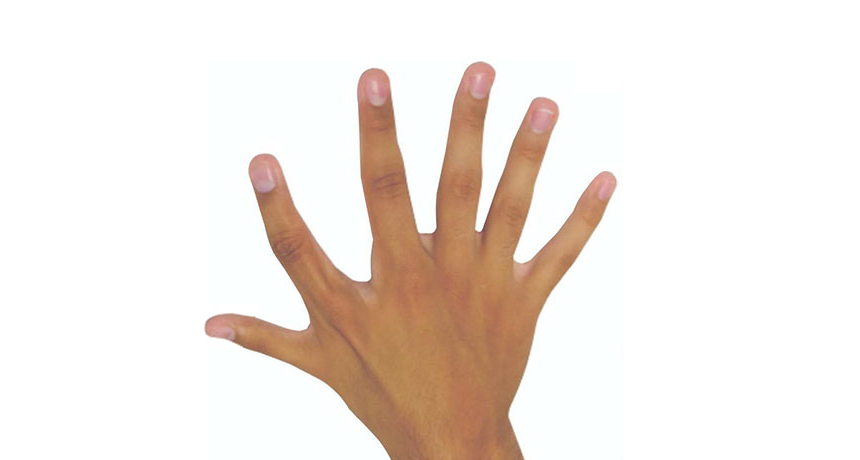Polydactyly is a condition wherein a baby is born with one or more extra fingers. It’s a common occurrence that frequently runs in families. In most cases, the extra digits are tiny and improperly developed. But did you know having extra digits actually has an advantage?
Having extra digits are not uncommon. Surprisingly, individuals with six fingers on one hand may be able to play a complex computer game with just one hand. Furthermore, their brains can control the mobility of their extra digits even with complex movements
What Are Some of the Benefits of Having an Extra Finger?
An additional finger can come in helpful in a variety of situations. Two persons born with six fingers on one hand can tie their shoes, handle their phones, and play a challenging video game single-handedly. Furthermore, according to a new study, their brains had no trouble coordinating the more sophisticated actions of their extra digits.
Extra fingers aren’t uncommon. They are present in one or two out of every 1,000 infants born. If the extra digits have not fully developed and are little nubs, they can be surgically removed.
According to new studies, findings show how adaptable the human brain can be. People who construct brain-controlled robotic appendages utilize the knowledge from people with polydactyly to improve technology. (Source: Science News for Students)
A Study on the Polydactyly and Its Benefits
A group of researchers published their findings in Nature Communications on June 3rd. The study was headed by Etienne Burdet, a bioengineer at Imperial College London in the United Kingdom. The research conducted involved a 52-year-old woman and her 17-year-old son. Both mother and child were born with six fingers. Their extra digit was located between the thumb and index finger. Burdet’s team described the movement of their extra finger as similar to thumbs.
Using Magnetic Resonance Imaging (MRI), the researchers investigated the anatomy of the participants’ hands. They were able to accurately map out its anatomy and correlate the movement of the digit with brain activity. According to the scans a separate brain system controls the additional fingers. The muscles and tendons in the sixth digits were quite unique. That means they don’t simply piggyback on the muscles that move the other fingers.
According to the study, the brain had no issue guiding the extra fingers. This implies that a person’s thoughts may operate robotic fingers or limbs. Burdet believes that such appendages would exert equal demands on the brain. It may be more difficult for someone who was not born with extra digits.
Burdet observes that living in a world created for people with five fingers has caused the mother and boy to adjust in unusual ways. For example, eating utensils are far too basic for them.
So they constantly change the posture on the utensils and use them in a different way. I slowly felt impaired with my five-fingered hands.
Etienne Burdet
However, according to Burdet, not everyone with extra digits will have better dexterity. Extra fingers may be underdeveloped in some situations. (Source: Science News for Students)
